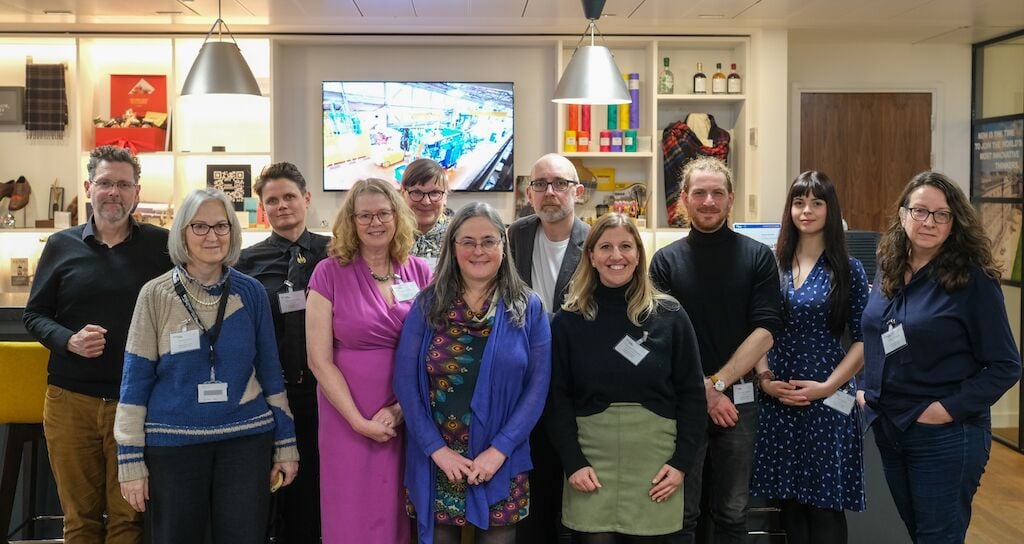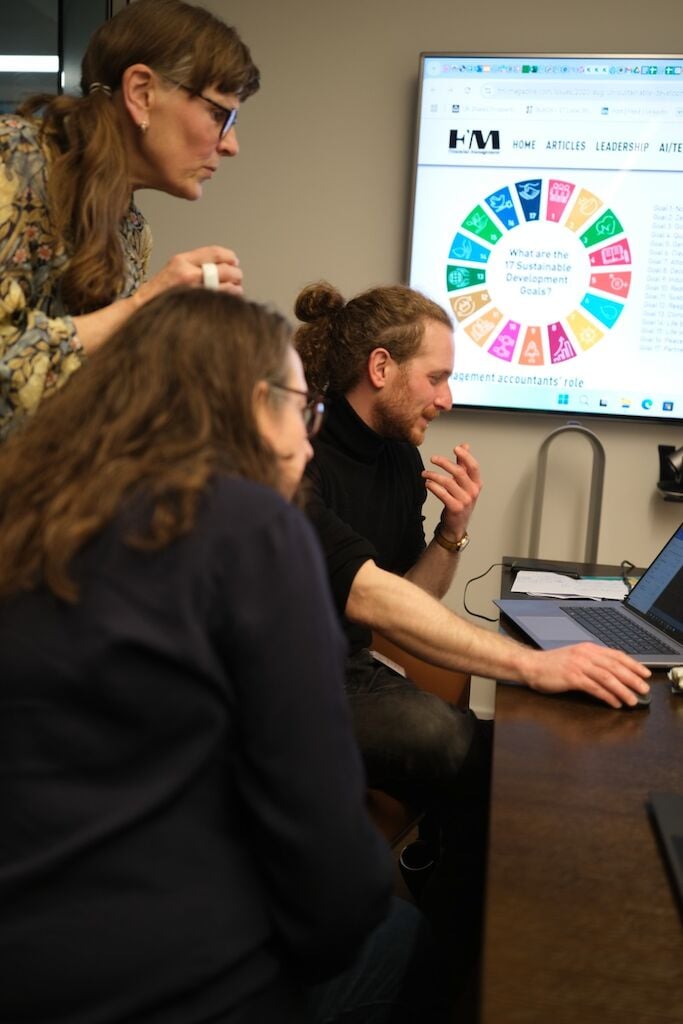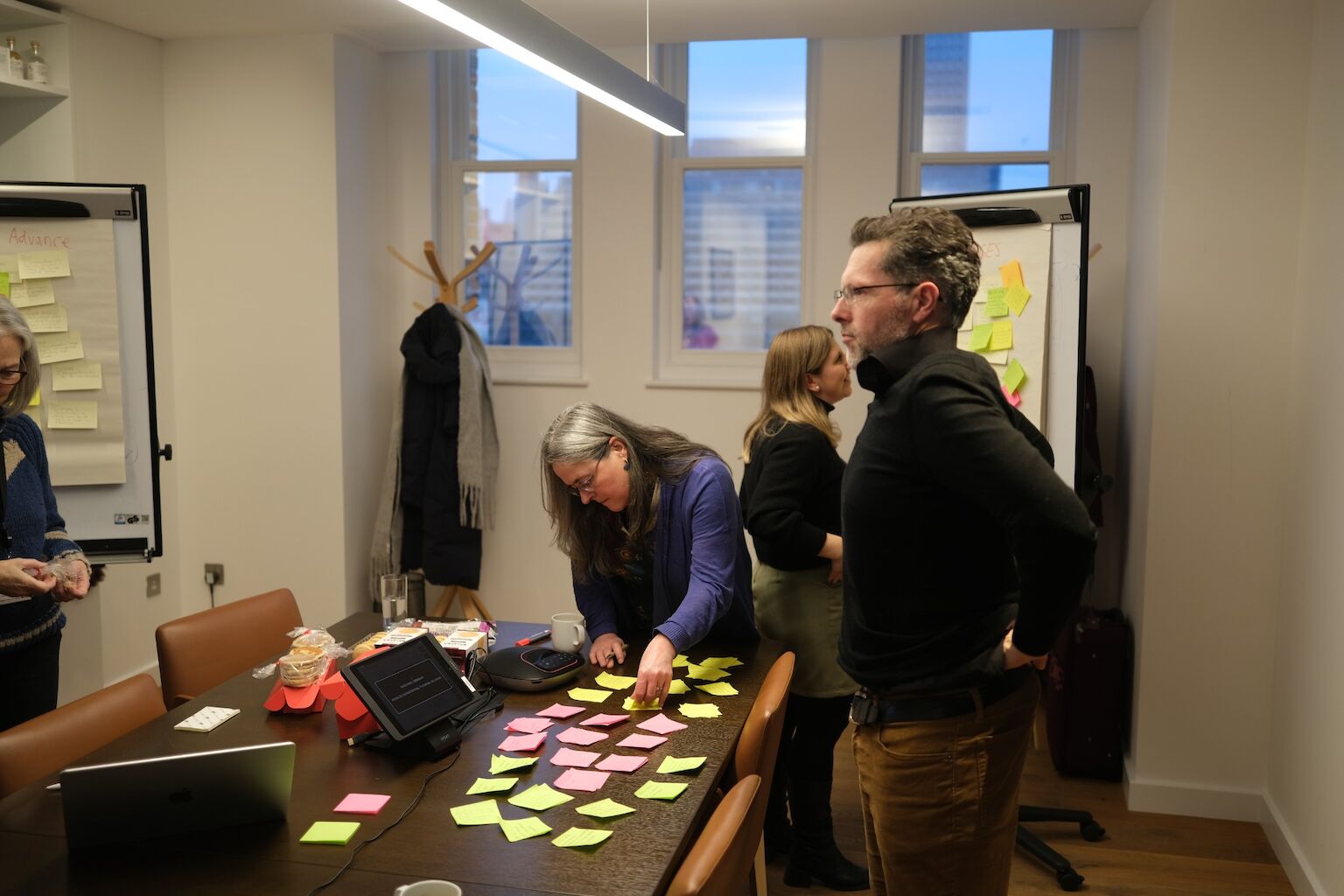The inaugural meeting of the Group took place in London on 21 January, to set the direction for the group’s ambitious research agenda. Members shared insights into their respective fields and identified the opportunity to map research strategies to maximise the potential of UNESCO sites as testing grounds for sustainable development initiatives, that could then be replicated globally to drive innovation and change.
The Group will deliver actionable outputs that enhance the role of UNESCO sites in fostering collaborative, place-based solutions, to global challenges, including:
- A comprehensive study contextualising learning from the Climate Change and UNESCO Heritage project and wider place-based approaches in UNESCO sites and beyond.
- A strategic research framework for the next 5 to 10 years, supporting collaboration and driving research and investment across the global UNESCO network.
- Evidence-based solutions to address interconnected challenges such as climate change and biodiversity loss.
This ground-breaking assembly is a core component of the Climate Change and UNESCO Heritage project, a flagship £1.8 million initiative funded by HM Treasury to position UNESCO sites as hubs for innovative, place-based approaches to global sustainable development challenges. The project is a partnership between the UK National Commission for UNESCO and the Department for Culture Media and Sport.
The Research & Innovation Group builds on the UKNC’s 2022 UNESCO Sites for Sustainable Development report and positions UNESCO sites as “living laboratories” for sustainable development innovation.
The Group is being convened and facilitated on behalf of the UK National Commission for UNESCO, by the Bureau for the Contemporary and Historic (ButCH), a specialist consultancy that counts the Environment Agency and Historic England among its previous clients.
Matthew Rabagliati, Head of Policy, Research and Communications at the UK National Commission for UNESCO said:
‘UNESCO sites represent broad, place-based partnerships that bring together communities, organisations, and stakeholders in participatory ways, breaking down silos to address 21st-century challenges. We hope that the research study and five-year strategy will pave the way for fully realising the potential of the UK and international UNESCO network, driving investment and research to trial and test innovative approaches.
‘The Research & Innovation Group brings together an outstanding team of experts who will play a pivotal role in advancing this vision and demonstrating the transformative power of UNESCO sites.’
Sefryn Penrose, Chair of the Research & Innovation Group at ButCH said:
“The dedication and expertise of everyone involved makes it a privilege to be part of this process. The UK National Commission for UNESCO’s initiative to craft a thoughtful and forward-looking research agenda underscores its deep commitment to addressing critical global challenges in a meaningful and sensible way. We are excited to bring our own expertise on heritage and climate change to support this new vision. It’s a testament to the power of collective intelligence and purposeful action.”










